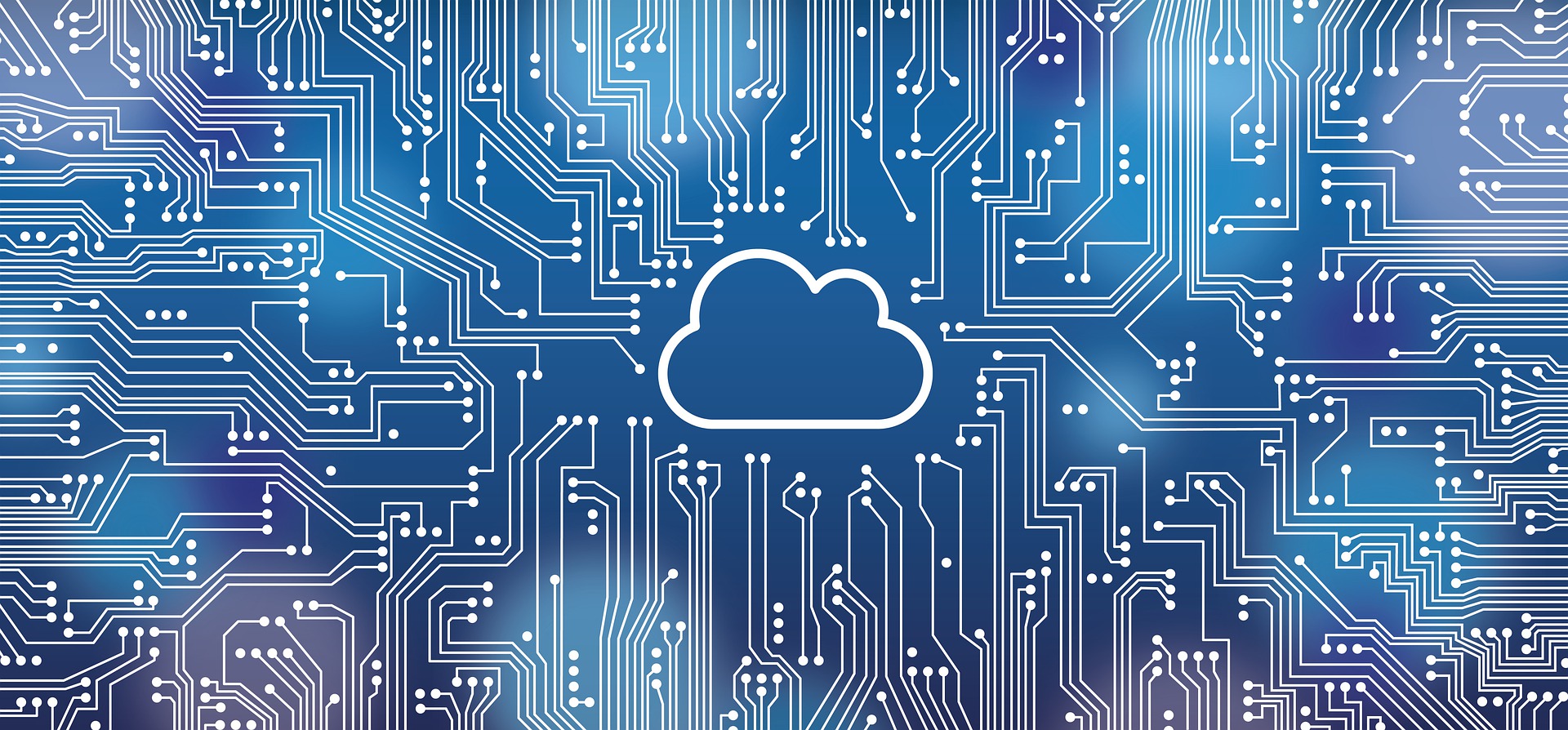
Understanding Cloud-Based Payment Processing
If there is one thing that the roaring 2020s will be known for (and there are more than a few things that will mark this decade), it will be the complete transition to digital transactions and cloud-based payment processing.
And the signs are already here. The shift to contactless payments has prompted financial institutions, high-risk merchant account providers, and technology innovators to adapt to the demands of digital payments worldwide.
Digital currencies are flourishing so much that the federal government of the United States is already pushing for crypto regulation. Cash is becoming as antiqued as checks while debit cards are accessible on our smartphones, all at the tap of a button.
Makes us wonder, will the homeless of the future have a cloud-based donation portal? Will they be scanning credit cards on their smartphones at traffic lights?
Modern Society Is Cashless
Because more and more people rely on cashless transactions, those from all walks of life are embracing digital payment solutions. Consumers and merchants are getting comfortable with non-contact payment transactions because of flexibility and convenience. Cashless transactions have indeed increased tremendously.
But how do companies cater to the unprecedented surge of no-cash demands along with its challenges? Cloud-based payment processing could be the answer to efficient and effective contactless payments.
What Is Cloud-Based Payment?
A cloud-based payment is a payment made digitally that bypasses any need for a traditional cash register or point-of-sale system. It is a payment from one account to another without any need for physical cash or even the need for plastic credit cards.
Cloud computing in payment systems and processing no longer involves physical devices or the traditional POS. A cloud-based payment system offers 24-hour services through mobile devices as well as integrations with existing hardware and software.
The Cloud Is Ubiquitous
Cloud computing refers to the storing and accessing of data online. That’s the “cloud” that you hear about. Because just like clouds, this data seems almost as if it’s everywhere and nowhere.
And thanks to modern technology, physical hard drives on your personal computer are no longer as necessary as they once were.
You can store your photos and documents, all in real-time, quickly on the cloud; and who needs to store music on their phone when you can pay $10 a month to access all the music in the world through an app?
What Makes Cloud-Based Payment Essential?
COVID-19 accelerated the pivot towards cloud-based payment processing. More consumers are shifting towards cashless shopping and transactions now and the crypto boom is a sign to the old institutions that currency has changed forever, especially as businesses start accepting cryptocurrency.
- Cloud-based payment systems can be accessed any time, 24 hours a day, 7 days a week. Cloud-based systems can also be used for easier data integration to establish seamless processes. Convenient data access brings greater benefit to your business and customers because of reduced manual data entry work, integrated loyalty programs, and the ability to place an order remotely.
- The cloud-based payment system has also particular benefits for small or medium-sized businesses which do not have enough business capital to purchase physical payment systems. Despite the financial constraint, cloud payment processing can provide businesses with many benefits. And since cloud-computing systems are scalable, merchants can upgrade based on their business needs as it grows.
- Product listings and inventory are made efficient because of product integration, which allows for speedy orders, facilitates product updates on prices and information remotely, and other transaction processes for customers.
- Security and fraud risks are the biggest concerns when using non-contact payments. But cloud computing is more secure compared to using the physical device because of heightened and improved data security technology. Plus, the Payments Card Industry Security Council (PCISC) has set guidelines that must be adhered to.
What to Look for in Cloud-Based Payment Processing Solutions
Apart from your internet connection, financial institutions should look for the following when choosing the best cloud payment processing systems. Not all cloud-based platforms are created the same; look for a payment processing partner with the following:
- A proven record of scalability
- Secure and reliable systems (with zero to minimal downtime)
- Simple and user-friendly design
- Full payment visibility and notifications
Responding to the global surge of digital payment processing will help businesses save on operational costs since merchants only pay for what they need. High-risk merchant account processors will be able to provide businesses of different sizes countless benefits at reasonable costs.
All businesses need to have a cost-effective solution that offers secure and seamless transactions for enhanced customer experience while encouraging business growth.
Join The Trend
As of May 2020, the experts are saying that the global digital payment market will grow by more than $23.45 billion by 2024.
The question simply becomes, is your business ready to go completely cashless, and if not, what steps are necessary now to take full advantage of cloud-based payment processing?
I am passionate about delivering results and helping my clients succeed. With my expertise in SEO, branding, and marketing, I lead the agency’s efforts to create and implement effective strategies that drive business growth. Our all-inclusive approach sets us apart from other digital media companies and ensures that our clients receive the full range of services they need for online success. If you can think of it, we can build it!
Zulu Shack Creative team members thrive on momentum. Like Zulu warriors, we strive to spearhead your idea with speed and quality.
When I’m not helping my team implement new digital marketing strategies, I enjoy playing music, hosting poker nights, reading Stephen King novels, and spending time with my wife and baby daughter.
No Comments
Sorry, the comment form is closed at this time.



